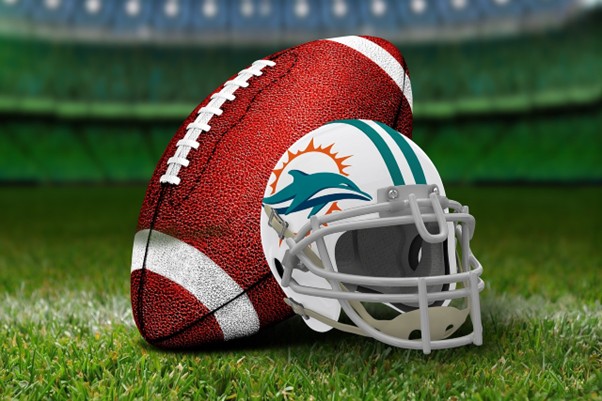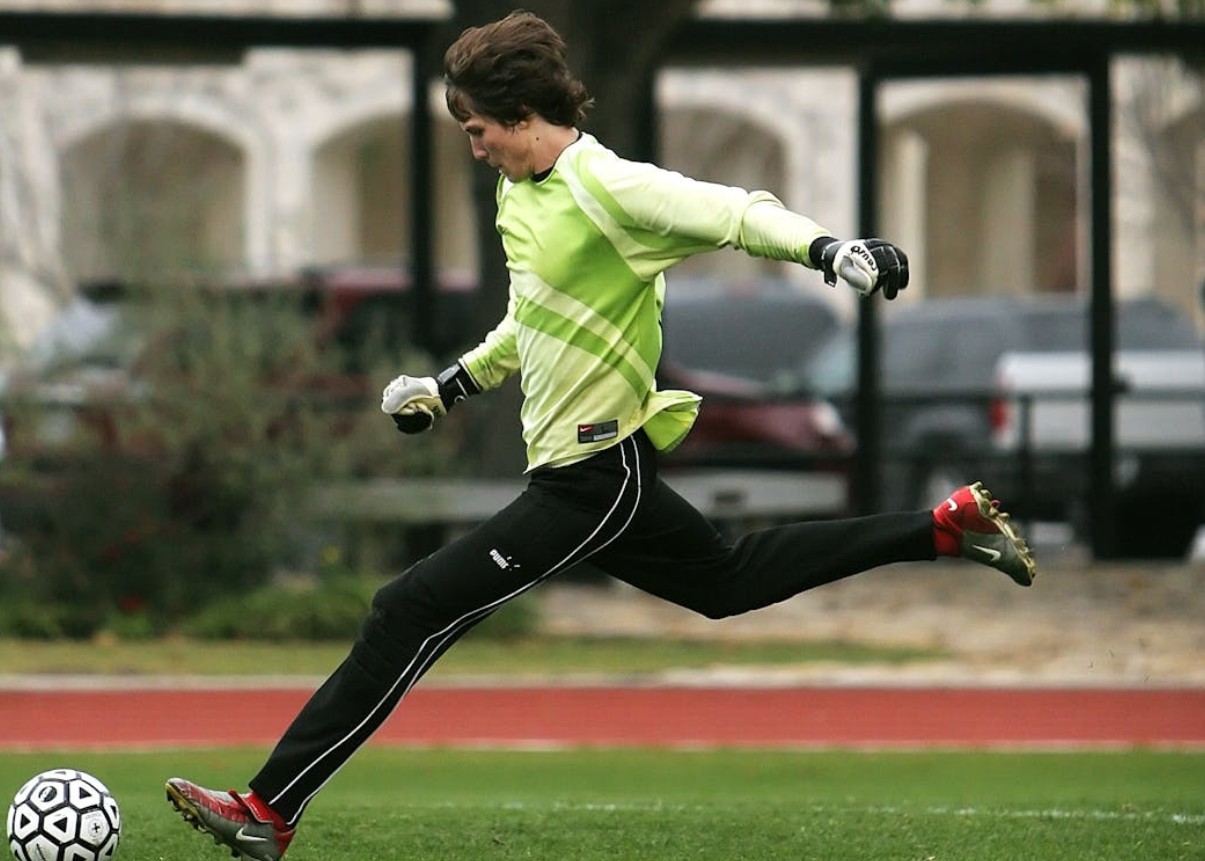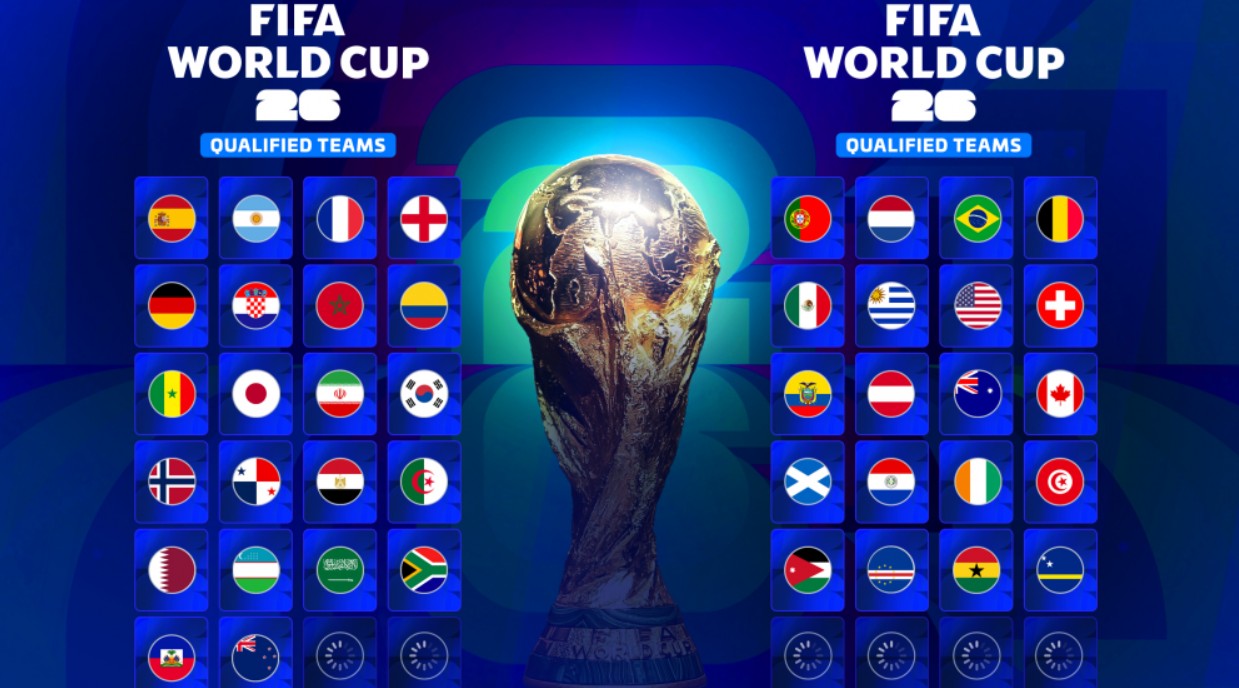Gender Diversity in Esports: Challenges, Progress, and the Path Forward
This article delves into the multifaceted landscap
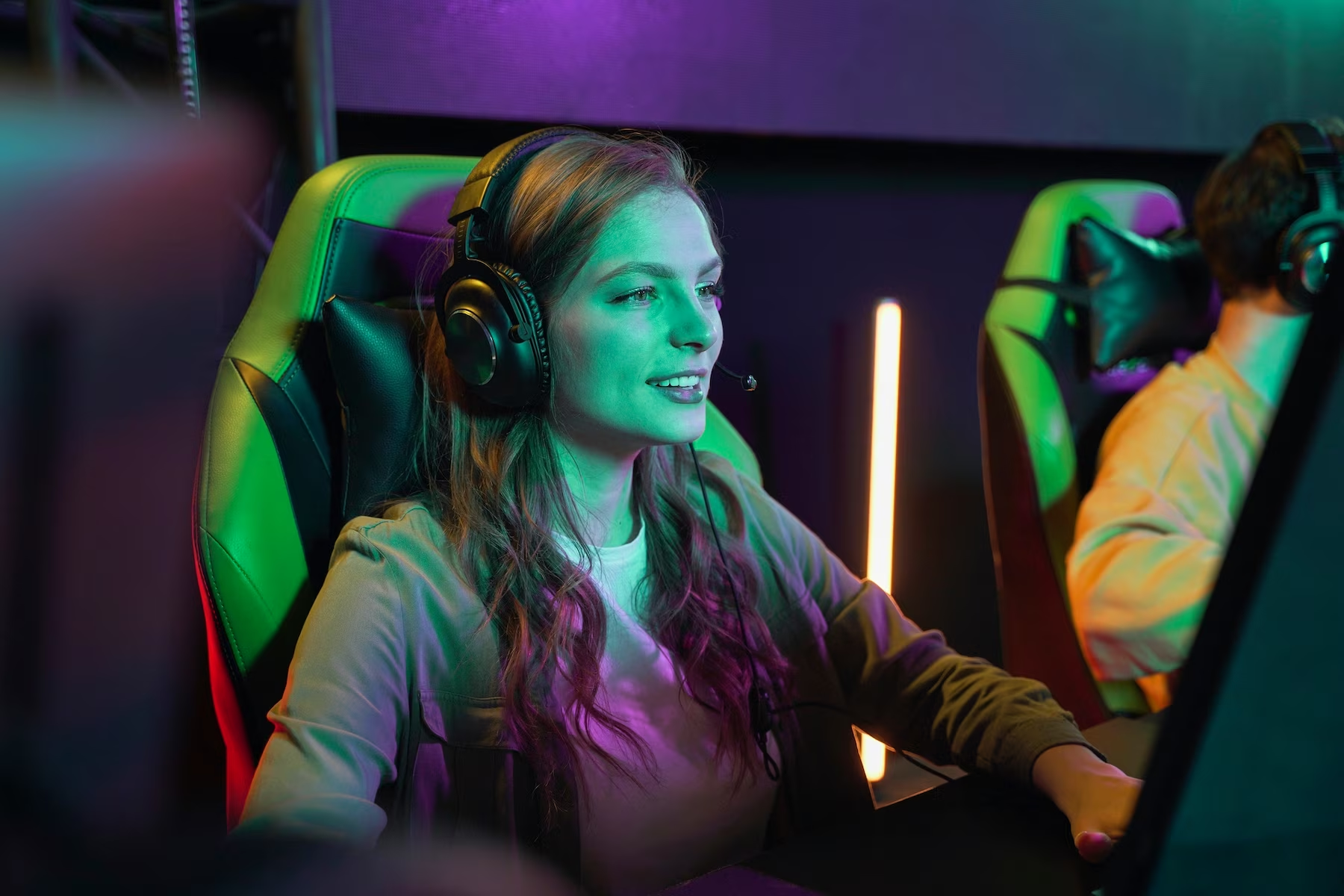
From Stereotypes to Equality: The Evolution of Gender Diversity in the Esports Industry
This article delves into the multifaceted landscape of gender diversity in esports, shedding light on the challenges faced, the progress achieved, and the strategies being employed to create a more inclusive and equitable environment for all.
In the fast-paced and ever-evolving world of esports, the journey toward gender equality has been a compelling one. From the early days of reinforcing gender stereotypes to the current push for inclusivity and diversity, the esports industry has made significant strides in creating a level playing field. This article delves into the evolution of gender diversity in esports and explores the factors that have contributed to the change.
Historical Perspective: Stereotypes and Gender Roles in eSports
In the early days of esports, the industry was heavily dominated by men, perpetuating the stereotype that gaming was exclusively for males. This gender bias was reinforced by societal expectations and traditional gender roles, which positioned video games as a predominantly masculine activity. As a result, women faced significant barriers to entry and were often discouraged from pursuing careers in esports.
However, as the industry matured, so did the understanding that talent knows no gender boundaries. The rise of female esports teams and prominent female players began to challenge these stereotypes, opening the door for more opportunities and recognition for women in esports. Organizations started to realize the untapped potential of female gamers and the importance of creating an inclusive environment for all.
The Rise of Female Representation in eSports
In recent years, there has been a noticeable increase in female representation in the esports industry. This shift can be attributed to a variety of factors, including the growing popularity of esports and online sports betting websites, increased accessibility to gaming platforms, and the rise of social media platforms that have given female gamers an arena to showcase their skills.
Female esports teams, such as Team Dignitas and Counter Logic Gaming, have emerged as strong contenders in various tournaments and competitions. These teams have not only proven that women can excel in the esports arena but have also contributed to breaking down the barriers that once limited female participation.
Additionally, the visibility of successful female players, such as Sasha "Scarlett" Hostyn in StarCraft II and Katherine "Mystik" Gunn in Call of Duty, has played a crucial role in inspiring other women to pursue careers in esports. These trailblazers have shattered the glass ceiling and proven that gender is not a determining factor when it comes to gaming prowess.
Challenges Faced by Women in the eSports Industry
While progress has been made, it is important to acknowledge that women still face numerous challenges in the esports industry. One of the main obstacles is the persistent gender bias and discrimination that exists within the community. Female players often encounter harassment, online abuse, and stereotypes that undermine their abilities.
Another challenge is the lack of representation and support for women in leadership positions within esports organizations. The industry remains predominantly male-dominated, with few women occupying influential roles. This lack of diversity at the top perpetuates the cycle of inequality and hinders progress toward gender equality.
Furthermore, the gender pay gap is prevalent in the esports industry, with male players consistently earning more than their female counterparts. This discrepancy is not only unfair but also discourages women from pursuing careers in esports as a viable source of income.

Initiatives Promoting Gender Diversity in eSports
Despite the challenges, there are numerous initiatives and organizations dedicated to promoting gender diversity in esports. One notable example is the Women in Games International (WIGI), which aims to support and empower women in the gaming industry. WIGI provides resources, networking opportunities, and mentorship programs for women looking to break into esports.
Another organization making strides in gender diversity is AnyKey, an advocacy group that focuses on creating inclusive spaces in gaming and esports. AnyKey actively works with tournament organizers, teams, and industry leaders to develop guidelines and policies that address issues of diversity and inclusion.
Furthermore, esports organizations and tournament organizers have started implementing policies to combat harassment and create safe environments for everyone. By taking a stand against toxic behavior, these organizations are sending a clear message that sexism and discrimination have no place in esports.
Success Stories: Female Gamers Making Their Mark in eSports
Despite the challenges they face, numerous female gamers have made their mark in the esports industry, proving that gender is not a barrier to success. Sasha "Scarlett" Hostyn, a professional StarCraft II player, has consistently ranked among the top players globally and has shattered records in a male-dominated scene.
Similarly, Katherine "Mystik" Gunn, a former professional Call of Duty player, has achieved remarkable success, competing at the highest level and paving the way for other female gamers. These success stories highlight the immense talent and potential that women bring to the esports industry.
The Importance of Inclusivity and Equality
Creating a more inclusive and equal esports community is not just a matter of social progress; it is also a smart strategic move for organizations looking to tap into a broader audience. Women comprise nearly half of gaming enthusiasts worldwide, and fostering gender diversity benefits both the industry and the fans.
By embracing inclusivity and equality, esports organizations can attract a wider range of talent and perspectives, leading to innovation and growth. Additionally, a diverse audience is more likely to engage with and support esports events, leading to increased viewership and revenue opportunities.
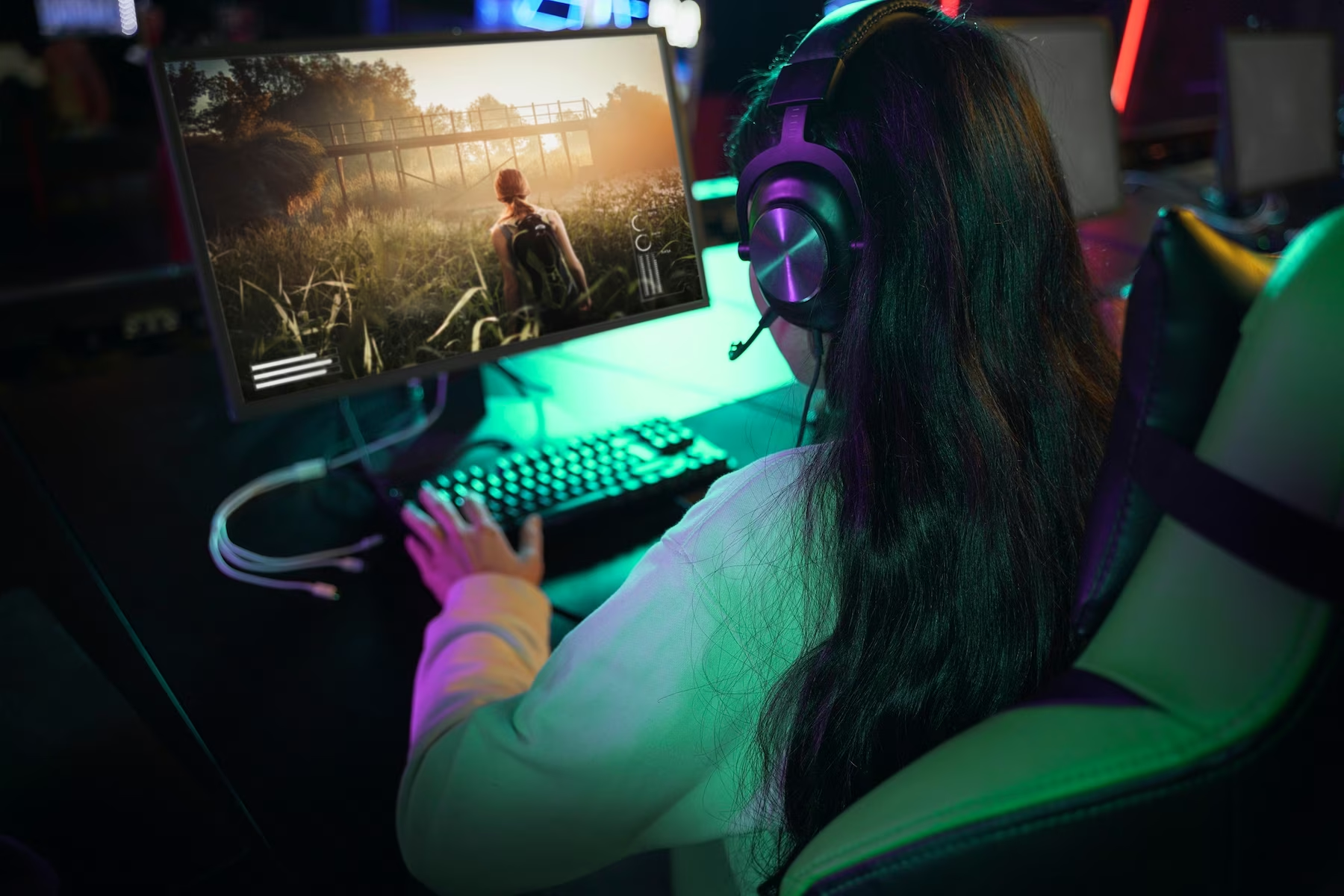
Strategies to Promote Gender Diversity
Several strategies can be implemented to promote gender diversity in esports organizations. First, organizations should actively work to break down gender stereotypes and biases. This can be achieved through education, awareness campaigns, and challenging outdated ideas about gender roles in gaming.
Secondly, creating mentorship programs and support networks for women in esports is crucial. By providing guidance, resources, and opportunities for networking, organizations can empower women and help them navigate the challenges they may face.
Furthermore, fostering an inclusive and safe environment is essential. Implementing strict anti-harassment policies, enforcing consequences for toxic behavior, and promoting respectful conduct can go a long way in creating a positive and welcoming community for all.
Prospects and Trends
Looking ahead, the prospects for gender diversity in esports are promising. As more women continue to break barriers and achieve success in the industry, the narrative surrounding gender roles in gaming will continue to evolve.
Additionally, the growing recognition of the economic potential of gender diversity is likely to drive further change. Esports organizations will increasingly prioritize inclusivity and equality as they strive to tap into the vast untapped market of female gamers.
Moreover, technological advancements such as virtual reality and augmented reality have the potential to level the playing field even further. These immersive technologies can provide equal opportunities for gamers of all genders, creating a more inclusive and accessible esports experience.
Embracing a More Inclusive Future for eSports
In conclusion, the evolution of gender diversity in the esports industry has been a journey marked by progress and challenges. From the reinforcement of stereotypes to the rise of female representation, the industry has come a long way in creating a more inclusive and equal environment.
However, there is still work to be done. By addressing the challenges faced by women in esports, promoting initiatives that foster gender diversity, and embracing inclusivity at every level, the industry can continue to evolve and thrive.
As esports continue to grow in popularity and influence, gender diversity must remain a priority. By embracing a more inclusive future, esports can unlock new opportunities, tap into a broader audience, and create a truly level playing field for all.

